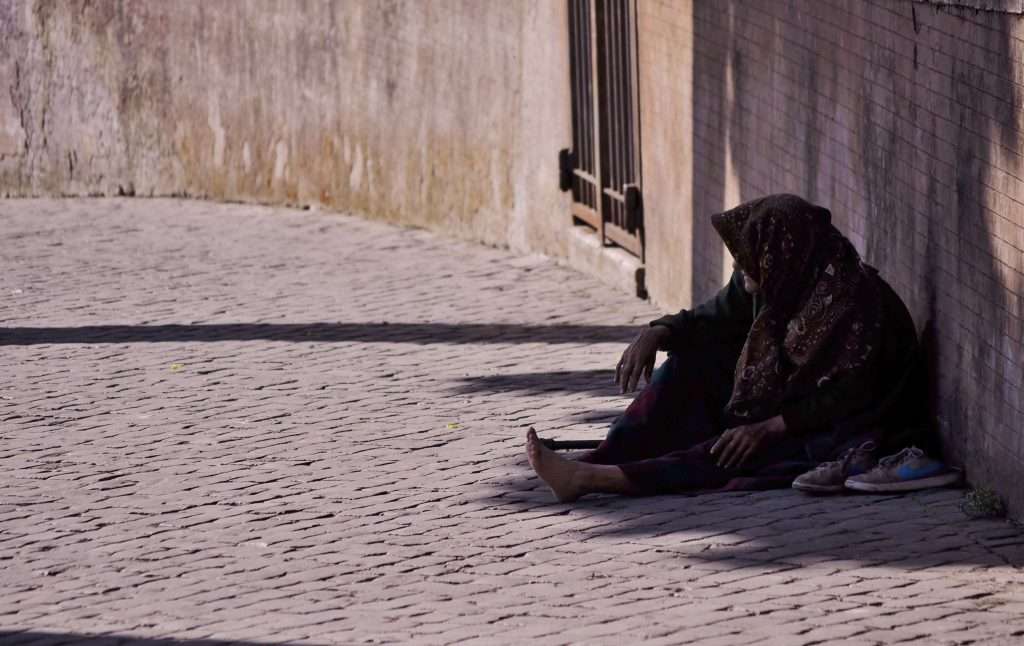One-third of Libyans living in poverty despite rise in oil revenues

Almost one-third of Libyans are living in poverty, despite the doubling of oil revenues, raising questions over the fate of oil revenue in a divided country.
The Arab Weekly reported on February 12th, that poverty now affects 32.5 percent of the population, of which 1.9 percent are below the extreme poverty line meaning they live on less than $2.15 a day.
Abdul Hamid al-Fadhil, a professor of economics at Misrata University said, “at the urban level, Tripoli recorded the largest percentage of families below the poverty line, at 11.3 percent, while families headed by individuals in the 45-55 age group are the poorest, at 12.6 percent, compared to other age groups.”
Simultaneously, the Tripoli Security Directorate announced the arrest of 878 beggars in the past year in the capital, including 461 women and 221 children, indicating a chasm of support for vulnerable groups in the country.
Whilst government officials have always maintained the line that beggars in Libya are foreigners from neighbouring countries, the latest statistics places the limelight straight back on the Libyan authorities.
In a country divided between two authorities, one based in the west and the other in the east, the stark reality of the critical economic conditions and social repercussions appear more evident than ever, with those who were just managing to survive, now resorting to street begging as the authorities fail to fulfil the basic needs of the people.
Most news outlets and international organisations have blamed inflation, rising prices, the collapse of the Libyan dinar, and the weakness of purchasing power for the increase in social destitution, but this fails to acknowledge the role of corruption and war in the deterioration of living conditions in Libya.
Observers, according to the Arab Weekly, believe that oil and gas revenues go to corruption networks linked to militia leaders, warlords, and even politicians, who control the transnational and organised crime networks facilitating drug smuggling, human trafficking, and other forms of crime.
The World Bank, an international organisation with an interest in Libya, reported in 2024 that Libya’s failure has been in the lack of diversification in the economy. Despite the oil and gas sector producing large revenues, approximately 60 percent of GDP, the limits placed on the private sector along with the ineptitude of the governing authorities has resulted in the population facing “limited access to quality health services, a weak and outdated education system disruption of the provision of safe drinking water, and disrupted electricity supply.”
Libya has been in constant fluctuation following the fall of Colonel Gaddafi in 2011, from foreign intervention to rival militias to Storm Daniel in 2023 which resulted in the deaths of over 4,300 people.
Additionally, Maghrebi has recently reported on the protests in Libya against the unfair oil production in the state where locals are subjected to unbearable air quality and lack of development, whilst reaping no reward for crude oil extraction and production.
The implication of the internationalization of Libyan poverty in the media remains to be seen, but with Trump’s very public denouncement of foreign aid it appears the support for Libyan civilians caught in the crossfire will appear limited unless another international actor steps up.
The Arab Weekly, World Bank, Maghrebi
Want to chase the pulse of North Africa?
Subscribe to receive our FREE weekly PDF magazine














